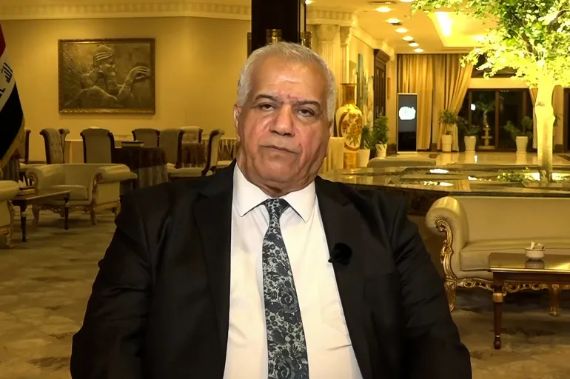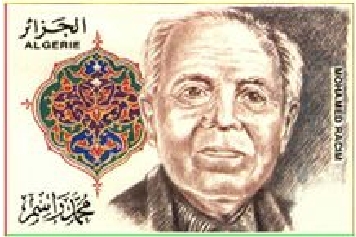Political parties are rushing to contest Iraq's first attempt at free elections in decades despite a bloody insurgency aimed at sabotaging the ballot.“All the Iraqi people want the elections,” election commission head Abdul Hussain Hindawi told Reuters in an interview against a backdrop of the occasional thud of explosions in the distance.
More than 60 mostly new parties have signed up in less than two weeks for the Jan. 27 national assembly elections and more are expected in the final week of registration, Hindawi said.
Hindawi, a French-educated philosopher who worked as a journalist, is confident the election will succeed.
“We are very optimistic and very realistic at the same time. We know that there will be a lot of difficulties,” said Hindawi, whose office is tucked behind blast walls and razor wire in Baghdad’s high security “Green Zone” of government buildings.
“(Iraqis) want a legitimate power and they want to close this chapter which they have endured for more than 50 years.”
Prime Minister Iyad Allawi’s interim government and Washington have vowed to crush guerrillas so the polls can go ahead safely and on time.
But minority Sunni Muslims, angered by a US-led offensive to wrest control of the Sunni city of Falluja from guerrillas, are threatening a boycott.
The Sunnis benefited under Saddam Hussein, himself a Sunni, despite being a minority in Iraq’s Shi’ite-dominated population.
Almost 14 million of Iraq’s 25 million people have been enrolled as voters, based on ration cards issued under Saddam. Hindawi estimates up to 15 million may be eligible to vote after Iraqis living abroad sign up.
They will elect a 275-member national assembly, with a single constituency for the entire country. Seats will be allocated to parties according to their proportion of the vote.
With a week left to register, parties already include all major ethnic and religious groups: Sunni, Shi’ite, Kurd and Christian.
Hindawi said he and his team would have to learn everything from scratch – ranging from how to deal with disgruntled minorities to registering voters and counting the results.
About 40,000 polling stations will cover a maximum 550 voters each, to make it easier for officials to combat fraud and keep voting queues down to encourage turnout.
When campaigning begins on Dec. 15, candidates may rely on the media and avoid going out on the hustings because of security fears. Election staff have received death threats.
The election commission has no say in security, which is up to the government, but has banned troops from entering polling stations to avoid charges of intimidation.
Iraq became a republic in 1958 after rule by Britain and the Iraqi monarchy. The 1958 poll offered little choice and resulted in a parliament loyal to the royal family.
Saddam, who seized power in 1979, eschewed parliamentary elections and presidential polls routinely returned him unopposed. In 2002 officials said he won with every single vote from a perfect 100 percent turnout of 11.5 million voters.
“I think we will have a very good election, even with the difficulties, with the problems of security,” said Hindawi. “We are more optimistic. The election is popular. It is the only alternative for the country.”
- REUTERS
https://www.nzherald.co.nz/world/iraq-gears-up-for-first-democratic-test-in-decades/KDJ3FAOB3OUPUCHHBLIQN5VKHE/



